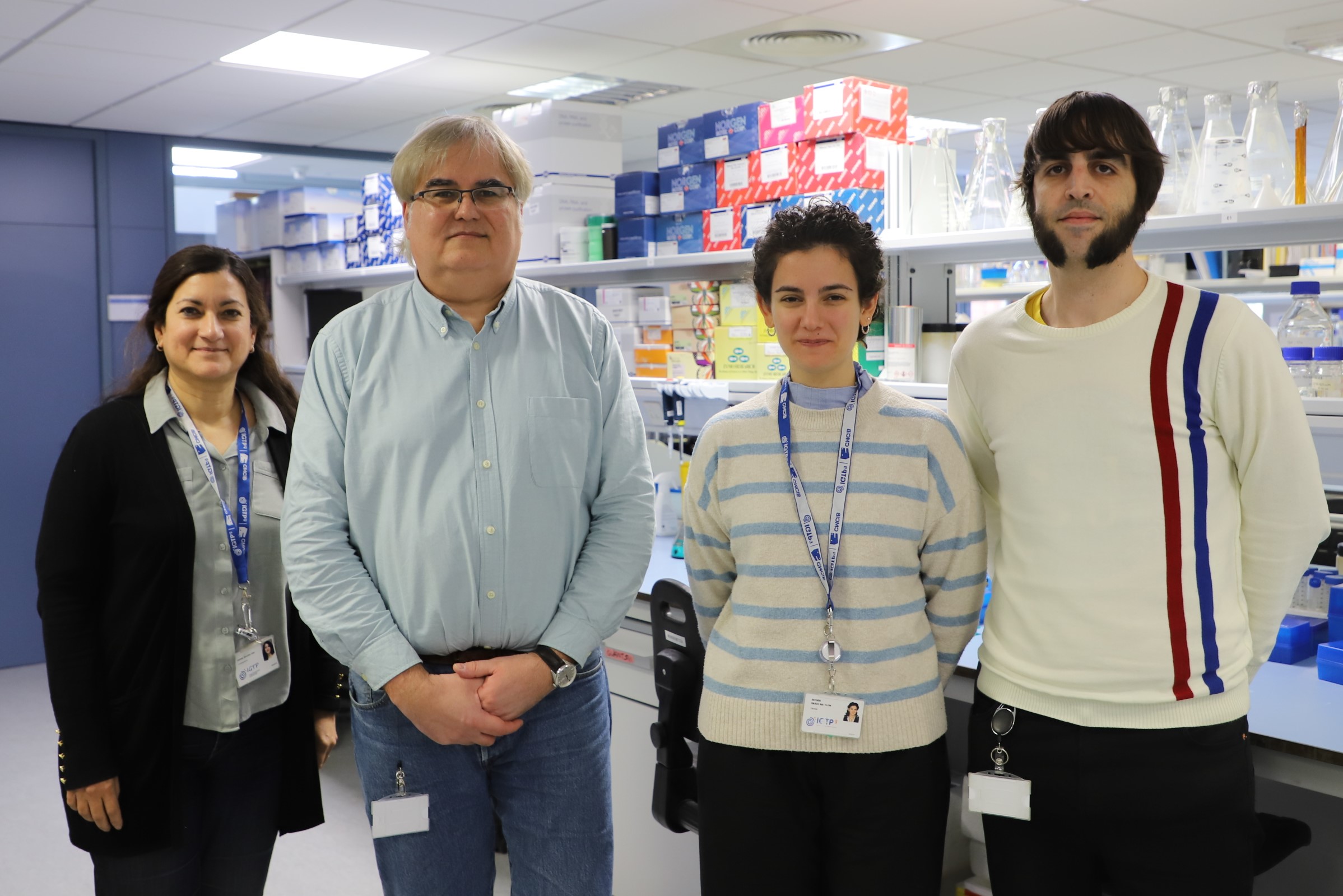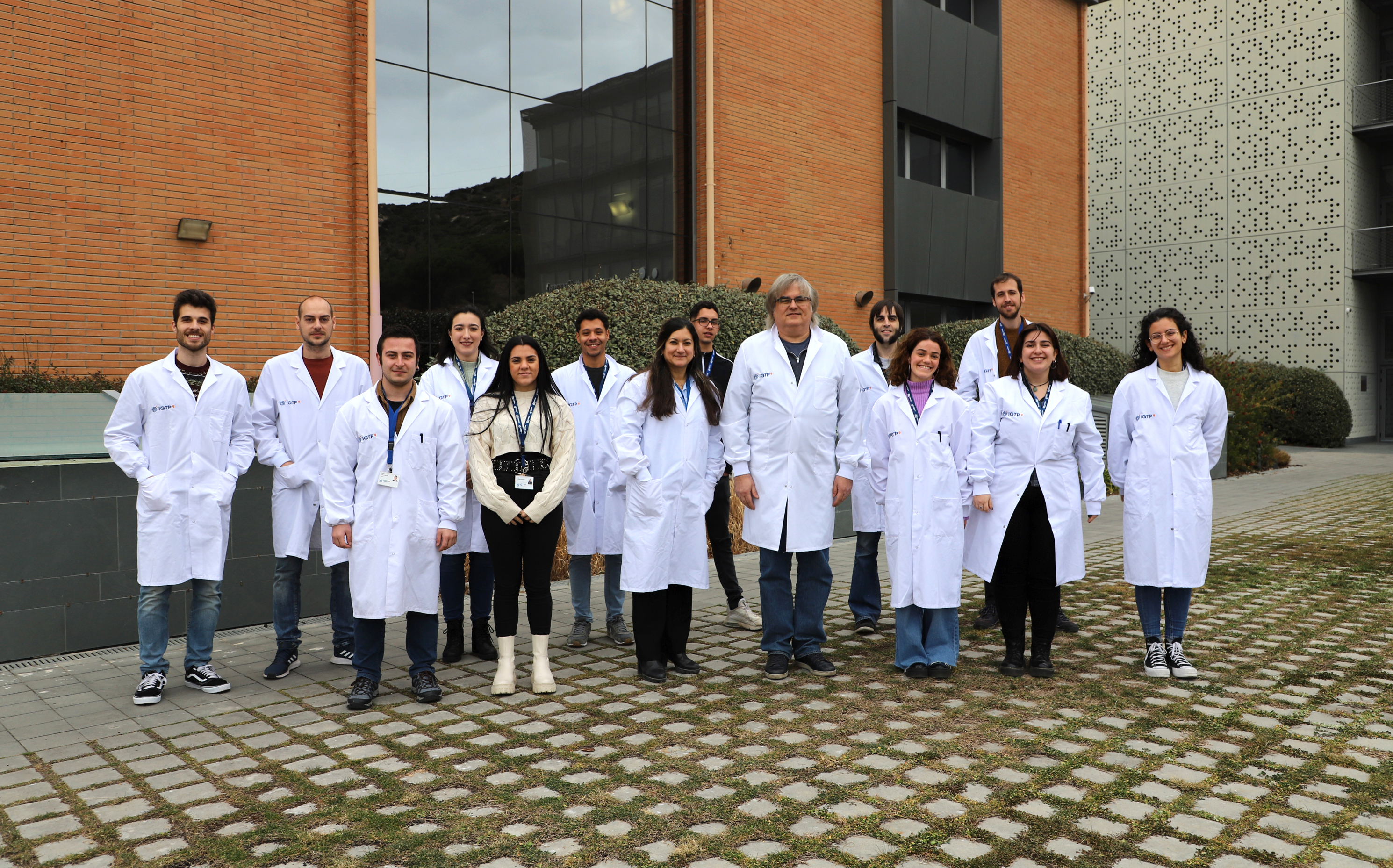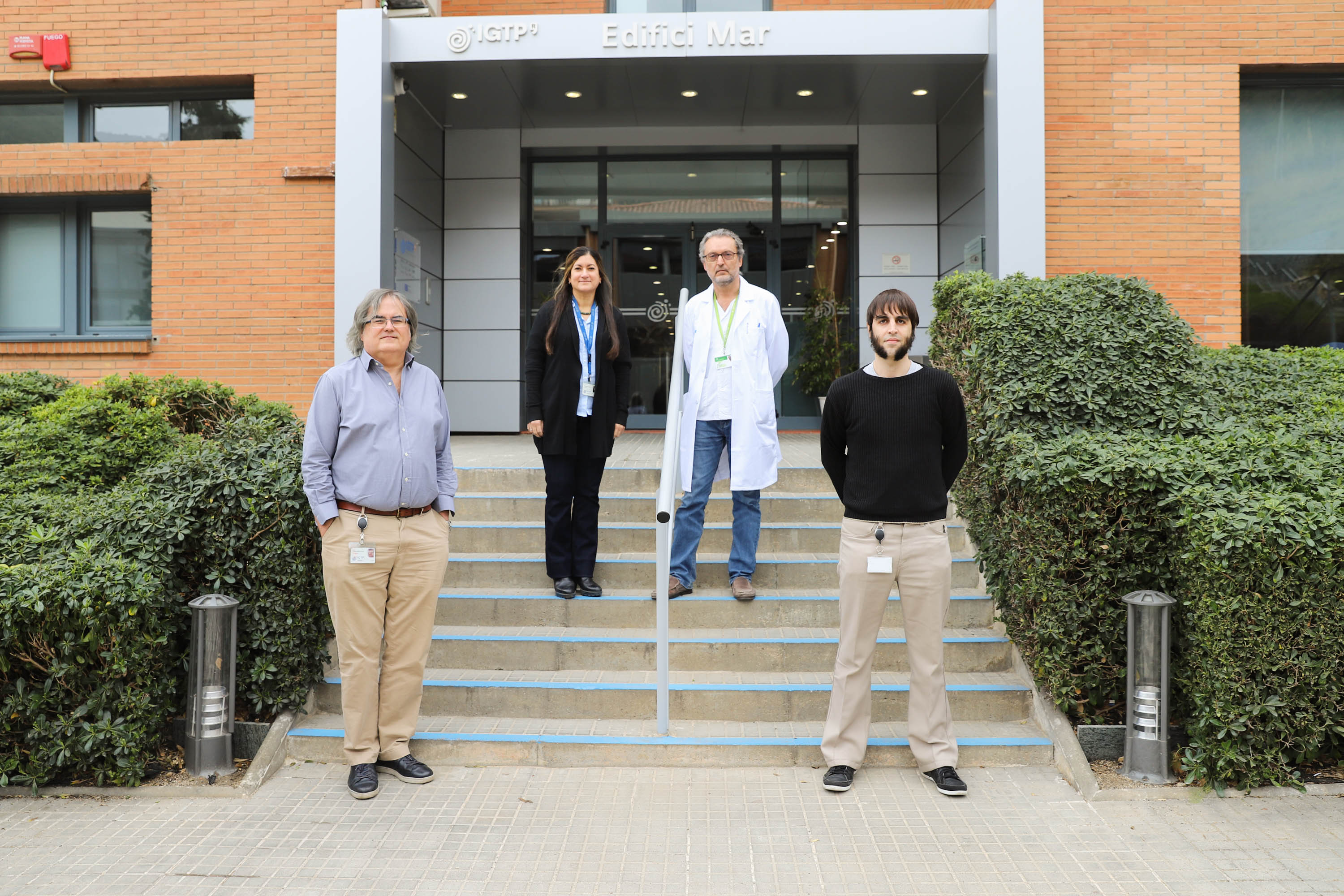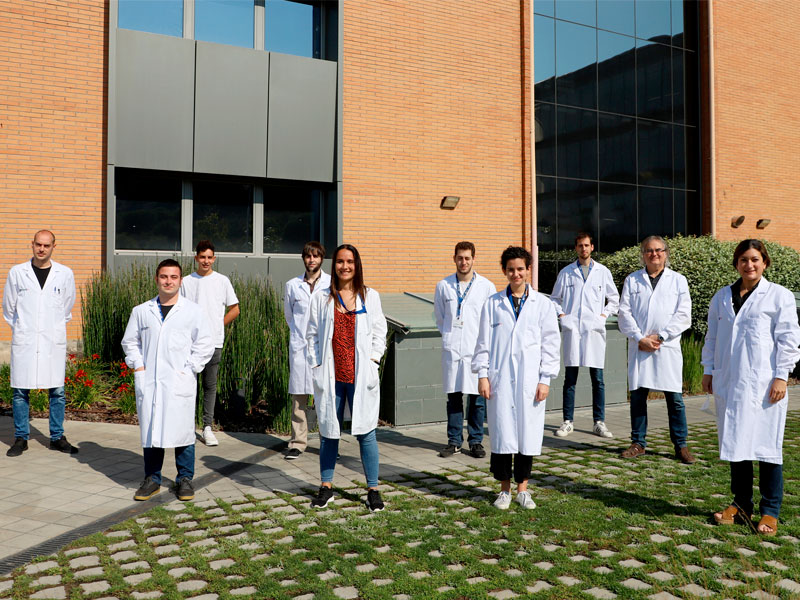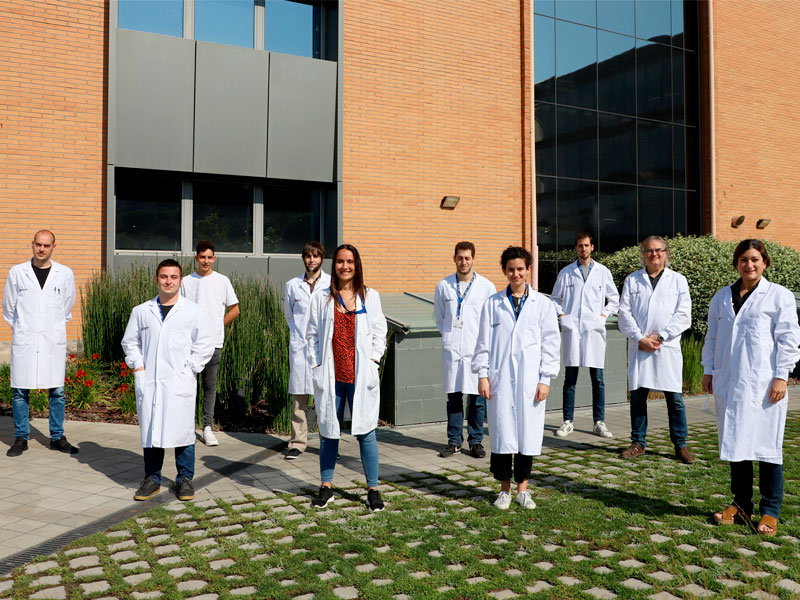IGTP strengthens its presence at BIOSPAIN 2025 as a benchmark in innovation and knowledge transfer
The Institute has taken part in BIOSPAIN 2025, the leading biotechnology event in southern Europe, with the aim of strengthening its knowledge and technology transfer strategy, showcasing its innovation capabilities, and fostering new collaborations with companies, investors, and stakeholders across the biomedical ecosystem.






